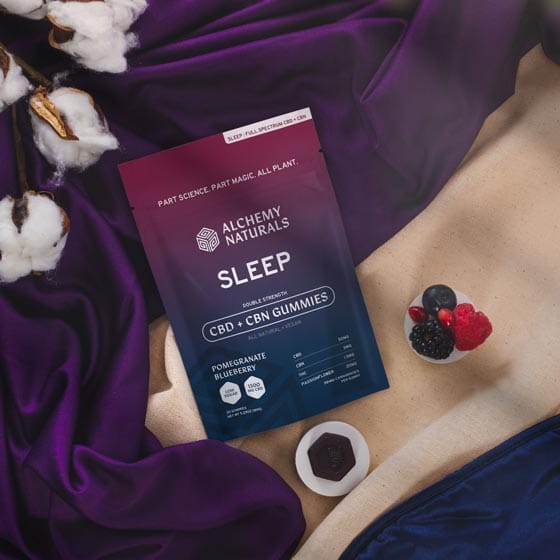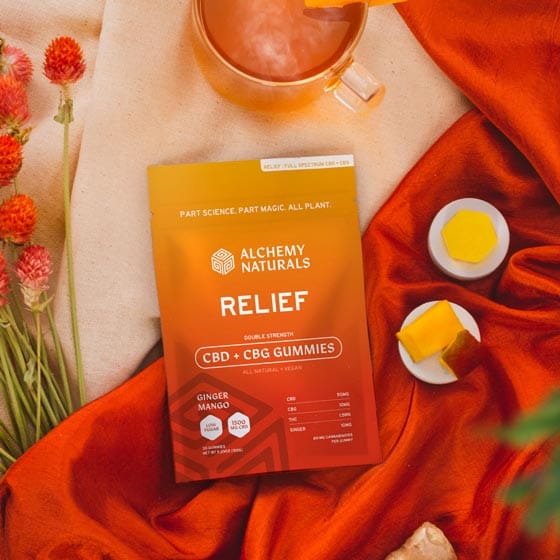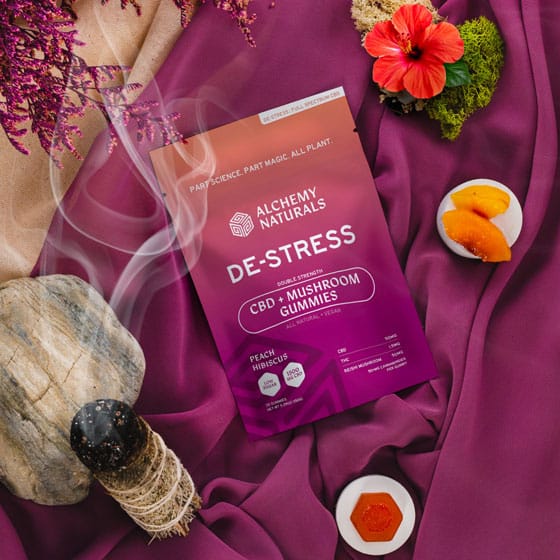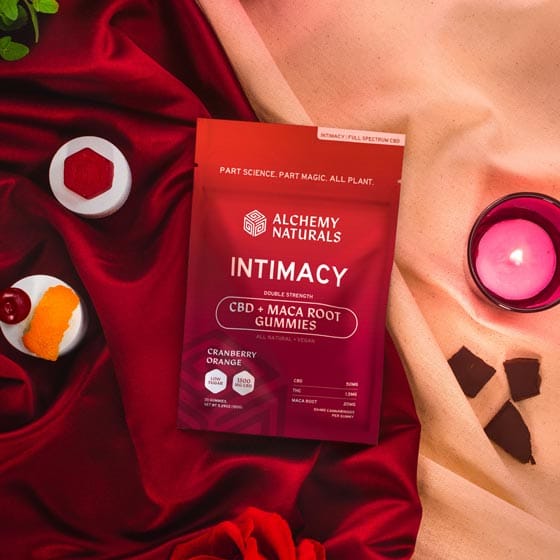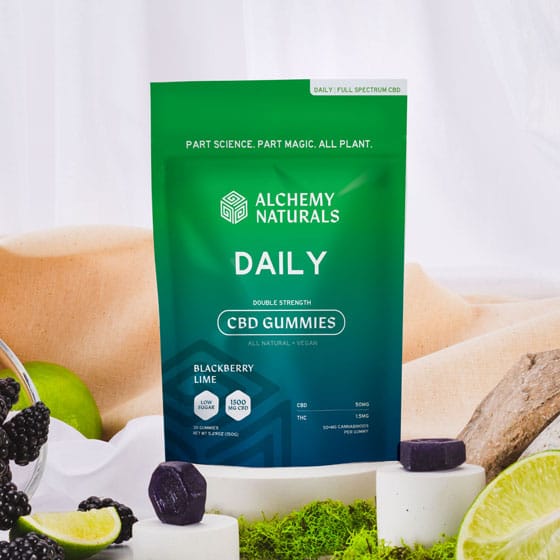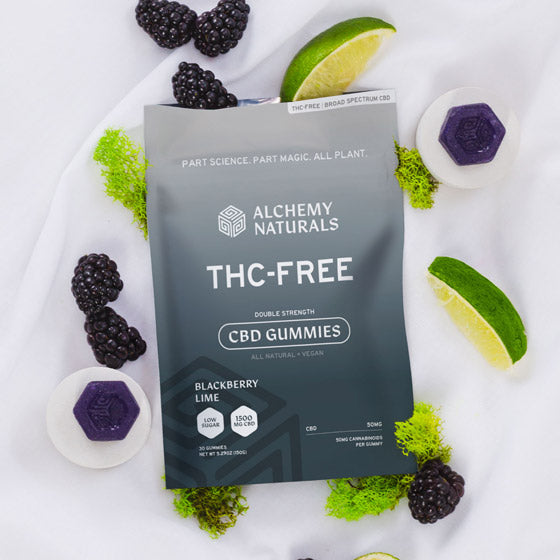What is there to know about CBD vs. hemp? A lot. We’ve been hearing about hemp forever, literally, from its days as the primary material for ropes and sailing masts for Viking ships to being one of the staples of American farming in the early 20th century, the use of CBD however is newer. There was even a federal War Hemp Program during the second World War. Hemp was pretty much the man until its association with cannabis made it persona non grata, as it became linked to “Schedule 1” substances like heroin and ecstasy, resulting in a ban in the U.S. Finally, with the passage of the 2014 Farm Bill Act, hemp and the newly popular CBD, began to make its long-awaited comeback.
Besides practical purposes such as being used to make your favorite hoodie, paper, or even jewelry, it has extraordinary medicinal properties. While hemp has been around for more than a hot minute, CBD, which is derived from hemp, has soared in mainstream popularity in recent years. These days, you really have to go out of your way to avoid it, because pretty much everywhere you look, there it is. Want some in your shampoo? Coming right up. How about in your lotion? Yup, you can do that. Our favorite way to take CBD, of course, is as a gummy. While it seems like they might be the same thing, there are a lot of questions about CBD vs. hemp and what the differences are between them. Let’s take a look.
Here's the first thing you need to know about CBD vs. hemp: they both do originate from the cannabis sativa plant, which is one of three forms of cannabis, aka marijuana. Sativia translates to “things that are cultivated,” which explains its use in everything from fabric to food, medicine to moods. However, even though CBD and hemp come from the same plant, they are not the same. And most importantly, when you take them, no matter the form, they will not have the same impact on the body. While CBD is found in marijuana, you won’t get high from taking it. Hemp actually derives from the part of the cannabis sativa plant that contains nothing higher than 0.3 percent of tetrahydrocannabinol (THC), which is the substance in marijuana that will get you high. However, because the THC is so low, you’d actually have to smoke weed to get that kind of buzz from hemp. So, no, sniffing your sweatshirt made of hemp will not send you into the clouds.

A natural question to ask yourself when thinking about CBD vs. hemp is which one should you use? Well, it depends. Traditionally, hemp contains a ton of nutritional benefits, due to its high abundance of healthy fats and proteins. From milk, granola, juice, protein bars, the consumption of hemp as a food source is limitless. Some even use hemp seed oil in their favorite recipes (hemp salad dressing, anyone?), or just take it straight from the bottle (hey, whatever works!) Among the medicinal purposes that people use it for include managing cholesterol, constipation, blood pressure, and heart disease. Some have even found it eases the symptoms of multiple sclerosis and rheumatoid arthritis. CBD is great for relieving anxiety and even depression as well as overall pain relief, such as from migraines.
When weighing your options between CBD vs. hemp, the great news is, you can get benefits from taking each individually, both recreationally and medicinally. Even better? There are studies that suggest taking CBD and hemp together can only bring additional benefits, creating what’s known as “the entourage effect,” or how the two substances work together. When combined, they can create an even more powerful effect on your system. Hey, why take one when you can take two? We’re all in.

